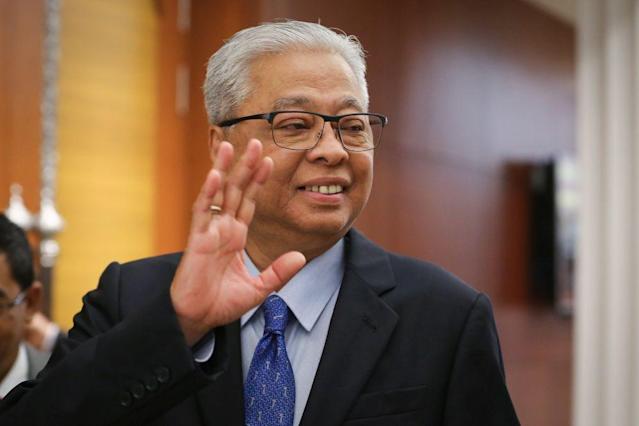
By Rama Ramanathan
Our 8th Prime Minister’s admission that he lacked the confidence of the majority of the House has triggered a season of political vagrancy. At this time, good citizenship requires that we defend the Federal Constitution from abuse and rightly value functions and offices of national importance.
Yesterday (4 Sept), the Attorney General of Malaysia (AG), issued a troubling statement. In it, he gave “constitutional reasoning” for a stark assertion. This is my layman’s formulation of what he asserts:
You cannot question the Yang di-Pertuan Agong’s (YdPA) appointment of Prime Minister (PM). To call for a vote of confidence in the PM would be to insult the YdPA.
I am shocked by his assertion. It just seems so wrong.
Happily, I came across a response by Philip TN Koh, a senior lawyer with extensive practical and theoretical knowledge of constitutional aspects of public office – and an adjunct professor in University Malaya. His response helped me discover the key points involved.
I’ll lay it out in my own words:
First, the AG is the highest-ranking legal officer in Malaysia. He takes precedence over any other legal officer in Malaysia. We must honour his office.
Second, the AG is duty-bound to provide legal opinions to the YDPA, the Cabinet or any Minister of the government. (The AG is often caught between a rock and a hard place.)
Third, the Constitution gives the YdPA power to appoint as PM a person who, in his judgment, commands the confidence of a majority in Parliament.
Fourth, in the Perak Menteri Besar succession debate over a decade ago, the Federal Court established that the Ruler may use means other than a vote of confidence in the House to form his judgment.
Fifth, the Constitution requires the PM to resign his office if he ceases to command the confidence of the majority (Article 43(4)).
Sixth, the AG’s opinion draws the YdPA into the political thicket. This should be avoided, for the essential feature of a constitutional monarchy is that the ruler remains above the fray.
Seventh, one of the core issues at stake is sovereignty. The essence of a constitutional monarchy is that the people are sovereign. Hence, the constitution cannot and does not forbid the house of representatives from determining whether the PM has the confidence of the majority.
Eighth, the principal issue is legitimacy. Tun Hussein understood this when he (a lawyer), called for a vote of confidence in the House when he succeeded Tun Razak as PM after the latter died in office. By this means Tun Hussein established his legitimacy. It’s an honourable precedent.
This is how I see it. The AG, caught in the maelstrom of partisan politics, has offered an opinion. He has framed it as a “defence of the YdPA.” He understands that there is a long tradition of interpreting the constitution, and that his opinion must be tested through debate.
I am glad that in his statement the AG did not intimate police action against those who question his opinion. This is another sign that we are not (yet) a failed state. We will remain so only if we openly and respectfully discuss politics, sovereignty and legitimacy.
*Rama Ramanathan is spokesperson for Citizens Against Enforced Disappearances (CAGED) and an independent writer.*




0 Comments
LEAVE A REPLY
Your email address will not be published